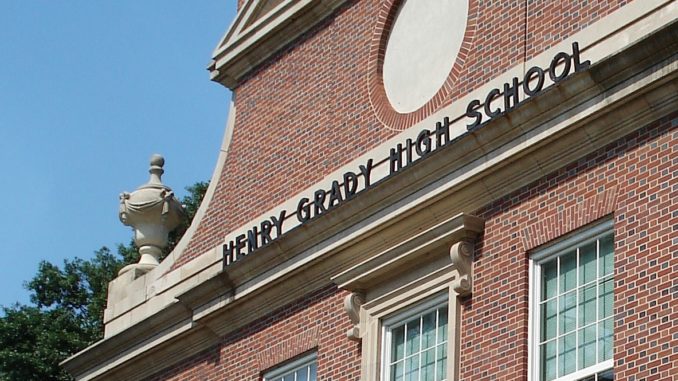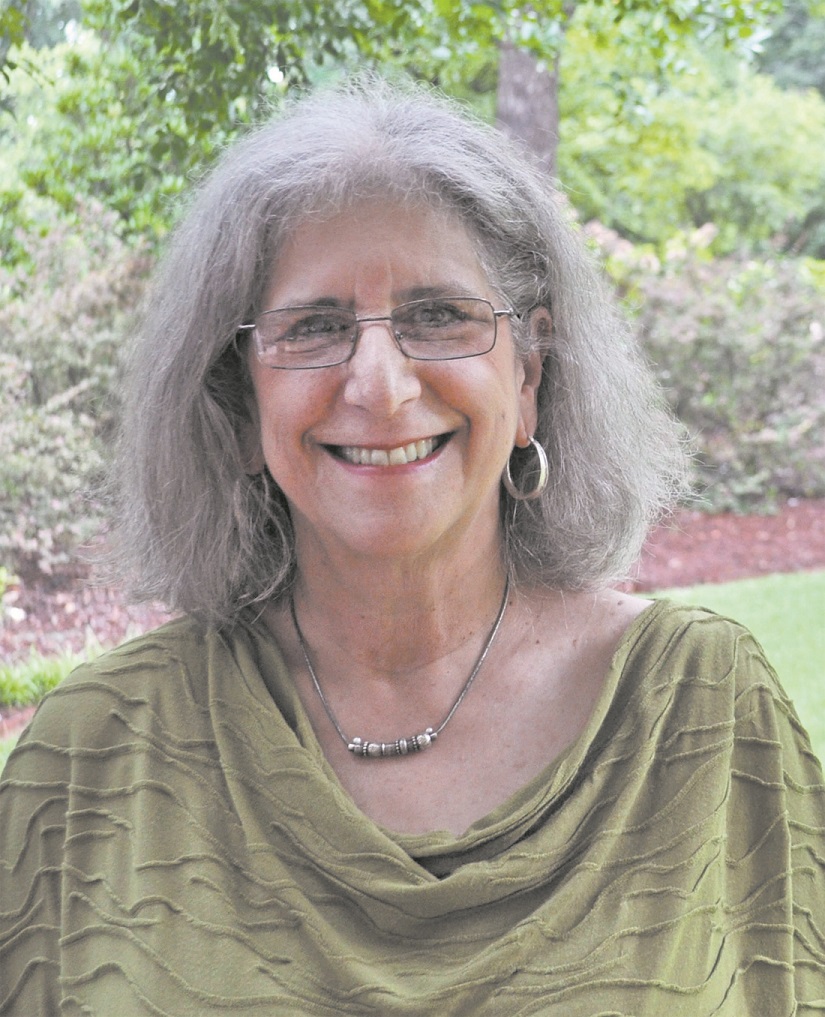
Grady we hail thee and we sing thy praise
Faithful o thee dear all through endless days
That was the alma mater of Henry Grady High School in Atlanta, Ga., where I was a proud member of the graduating class of 1966. I wrote for our newspaper, the Southerner, edited copy for our yearbook, The Orator, and wore red and gray on game days to honor the Grady Gray Knights football and basketball teams.
Oh, how times have changed!
Turns out Henry Grady—journalist, editor and famed orator—used his verbal skills to urge the South into the Civil War and after that to demand the enforced segregation of Black people ostensibly freed by that conflict.
Gray Knights were one shade darker than the White Knights of the Ku Klux Klan and a clear allusion to the men in gray who fought for the Confederacy. The Orator and the Southerner proudly embodied these darker aspects of Southern iconography. And my high school embodied every bit of it and, unknowing, unthinking, so did I.

My family moved to Atlanta in 1961, in part because my mom wanted to be part of the Temple on Peachtree, whose leader, Rabbi Jacob Rothschild, was a longtime champion of civil rights for Black people. I started eighth grade at Grady on the same day that six Black teenagers integrated that previously all-white school. Ultimately, all of Martin Luther King Jr.’s children went to Grady and by the turn of the 21st century, it was one of the more integrated public schools in Atlanta. For all that, no one gave a thought to the idea that the school was named for an arch segregationist and traitor to the United States.
Originally, Grady High was named Boys High, an exclusively male institution whose graduates include an honor roll of Atlanta’s business, community and government leaders, all white. In 1947 Boys High merged with Tech High to become Henry Grady High School with coeducational programming. Late last year, in light of changes in the community and the nation, yet another change appeared to be in order as the school board deliberated on renaming my alma mater.
I wondered: Did I have a dog in this fight?
In 2016, I went to my class’ 50th reunion and saw folks I hadn’t seen in five decades. To me, we pretty much looked the same, though I’m sure younger people viewed us as a gaggle of geezers. Regardless, what united us was our connection to Grady, warts and all. Now that the school is renamed Midtown High, we likely will still see ourselves as Gray Knights (and I’m not just referring to our hairdos) in our personal histories. Probably just like the alums of Boys High still thought of themselves as Boys in their 2018 75th (and final) reunion.
Fact is, at age 72, most of my history is already written. I have come to understand that some of that past is written in the blood and privilege of a white girl growing up in the Jim Crow South. I also know that other tales speak of my principled commitments to family, peace, justice and civil rights. Does changing the name of my high school change my personal history? I don’t think so.
Still, history itself has changed and what we learned at Grady in the 1960s is not today’s understanding of the history we share. Just as the school’s name had to change when girls joined boys in co-education, today the new name is a less than poetic attempt to reflect today’s understanding that American history includes the lived experience of all the people who inhabit these United States. Changing names is a beginning: changing hearts is by far the more challenging task, worthy of good faith on through endless days.
The author is a retired University of Georgia faculty member who moved to Chico in 2018 to be near her grandchildren.

Be the first to comment